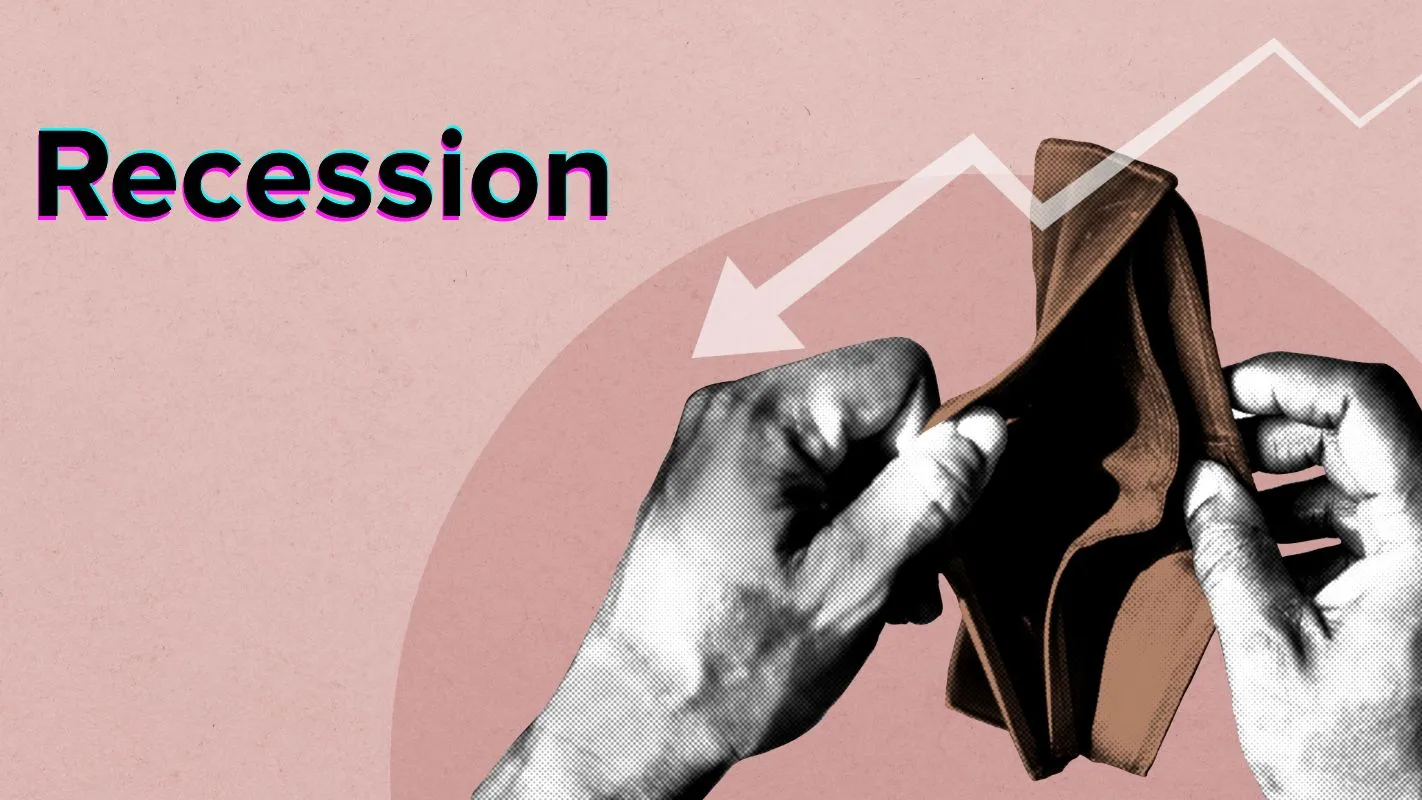
SARKARI RESULT
LATEST SARKARI RESULT 2024 ONLINE FORM

SARKARI RESULT
LATEST SARKARI RESULT 2024 ONLINE FORM
The Psychological Impact of Recession on Individuals
In times of economic recession, the impact extends far beyond financial strain. The psychological toll of a recession can be significant, affecting individuals in various ways.
This article aims to explore the psychological impact of recession on individuals, including the heightened levels of stress, anxiety, and depression that often accompany economic hardship.
Additionally, we will discuss coping mechanisms and support systems that can help individuals navigate these challenging times.

The Stress of Economic Uncertainty
One of the most common psychological effects of a recession is increased stress.
The uncertainty surrounding job security, financial stability, and the overall state of the economy can be overwhelming. The fear of losing one’s job or struggling to make ends meet can lead to chronic stress, which can have detrimental effects on mental and physical health.
During a recession, individuals may experience heightened levels of anxiety as they worry about their financial future.
The constant pressure to find employment or make difficult financial decisions can exacerbate existing anxiety disorders or trigger new ones.
The fear of not being able to provide for oneself or one’s family can lead to a sense of helplessness and hopelessness.
The Impact on Mental Health
Recessions can also have a profound impact on mental health, often leading to an increase in depression.
The loss of a job, financial struggles, and the overall negative atmosphere can contribute to feelings of sadness, worthlessness, and despair.
The prolonged exposure to these stressors can increase the risk of developing clinical depression.
Furthermore, the social impact of a recession can further exacerbate mental health issues. The loss of social connections due to unemployment or financial constraints can lead to feelings of isolation and loneliness.
The stigma associated with financial hardship can also prevent individuals from seeking help or discussing their struggles openly.
Coping Mechanisms and Support Systems
While the psychological impact of recession can be overwhelming, there are coping mechanisms and support systems that can help individuals navigate these challenging times.
Firstly, it is essential to prioritize self-care during times of economic hardship. Engaging in activities that promote physical and mental well-being, such as exercise, meditation, and hobbies, can help reduce stress and improve overall mood.
Seeking support from friends, family, or support groups can provide a sense of community and understanding. Sharing experiences and emotions with others who are going through similar challenges can be comforting and empowering.
Additionally, professional help should not be overlooked. Mental health professionals can provide guidance, support, and therapy to help individuals cope with the psychological impact of recession.
Therapeutic interventions, such as cognitive-behavioral therapy, can equip individuals with the necessary tools to manage stress, anxiety, and depression effectively.
Government and community resources can also play a crucial role in supporting individuals during a recession.
Access to unemployment benefits, financial assistance programs, and job training opportunities can alleviate some of the stress and anxiety associated with economic hardship.
Conclusion
The psychological impact of recession on individuals is a significant concern that should not be overlooked.
The stress, anxiety, and depression that often accompany economic hardship can have long-lasting effects on mental health and overall well-being.
However, by implementing coping mechanisms and utilizing support systems, individuals can navigate these challenging times with resilience and hope.





